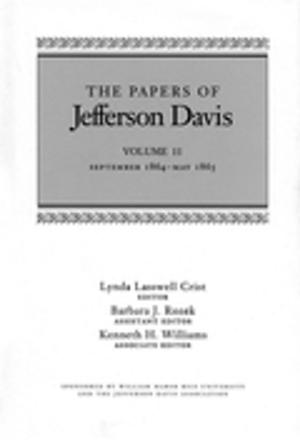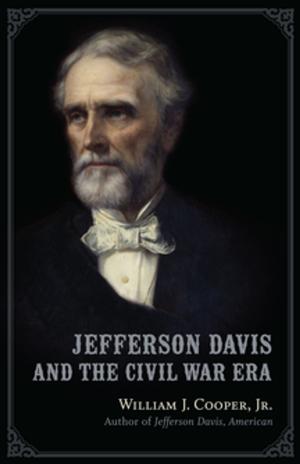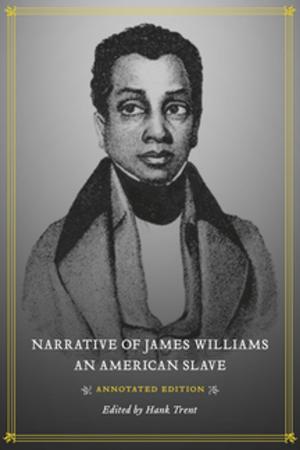Pretense Of Glory
The Life of General Nathaniel P. Banks
Nonfiction, History, Americas, United States, Civil War Period (1850-1877)| Author: | James G. Hollandsworth Jr. | ISBN: | 9780807151259 |
| Publisher: | LSU Press | Publication: | November 1, 1998 |
| Imprint: | LSU Press | Language: | English |
| Author: | James G. Hollandsworth Jr. |
| ISBN: | 9780807151259 |
| Publisher: | LSU Press |
| Publication: | November 1, 1998 |
| Imprint: | LSU Press |
| Language: | English |
In this first modern biography of Nathaniel P. Banks, James G. Hollandsworth, Jr., reveals the complicated and contradictory nature of the man who called himself the "fighting politician." Despite a lack of formal education, family connections, and personal fortune, Banks (1816--1884) advanced from the Massachusetts legislature to the governorship to the U.S. Congress and Speaker of the House. He learned early in his political career that the pretext of conviction can be more important than the conviction itself, and he practiced a politics of expedience, espousing popular beliefs but never defining beliefs of his own. A leader in the new Republican party, he developed a reputation as a compelling orator and a politician with a bright future.
At the onset of the Civil War, Lincoln appointed Banks a major general, and, as Hollandsworth shows, the same pretext of conviction that served Banks so well in politics proved disastrous on the battlefield. He suffered resounding defeats in the 1862 Shenandoah Valley Campaign, the Battle of Cedar Mountain, and the Red River Campaign. Illuminating the personal characteristics that stalled the promise of Banks's early political career and contributed to his dismal record as a commanding officer, Hollandsworth demonstrates how Banks's obsessive pretense of glory prevented him from achieving its reality.
In this first modern biography of Nathaniel P. Banks, James G. Hollandsworth, Jr., reveals the complicated and contradictory nature of the man who called himself the "fighting politician." Despite a lack of formal education, family connections, and personal fortune, Banks (1816--1884) advanced from the Massachusetts legislature to the governorship to the U.S. Congress and Speaker of the House. He learned early in his political career that the pretext of conviction can be more important than the conviction itself, and he practiced a politics of expedience, espousing popular beliefs but never defining beliefs of his own. A leader in the new Republican party, he developed a reputation as a compelling orator and a politician with a bright future.
At the onset of the Civil War, Lincoln appointed Banks a major general, and, as Hollandsworth shows, the same pretext of conviction that served Banks so well in politics proved disastrous on the battlefield. He suffered resounding defeats in the 1862 Shenandoah Valley Campaign, the Battle of Cedar Mountain, and the Red River Campaign. Illuminating the personal characteristics that stalled the promise of Banks's early political career and contributed to his dismal record as a commanding officer, Hollandsworth demonstrates how Banks's obsessive pretense of glory prevented him from achieving its reality.















